Pavement Licensing
A pavement licence is a process that allows business selling food and drink for consumption to place removable furniture over onto the highway adjacent to the premises in order to sell or serve food or drink and/or allow it to be used for consumption of food or drink.
These licences can only be granted in respect of highways listed in Part 7A of the Highways Act 1980, which are generally, footpaths restricted to pedestrians, or, roads and places to which vehicle access is restricted/prohibited. No licence is required to place furniture on private property.
Applications
Prior to applying for a licence, you should familiarise yourself with the national and local conditions [pdf] 172KB to ensure that your proposals do not breach the standard requirements
You will also need to display a Public Notice [docx] 25KB at the premises in the required form from the day you submit an application, so that it is visible to members of the public who are not on the premises. You must ensure it remains in place for 14 calendar days, calculated as starting from the day after the application is made.
As part of the online application process you will be required to;
- Specify the business premises concerned
- Specify the purpose (or purposes) for which the furniture will be used which must be to sell or serve food or drink, and/or for use by other people for the consumption of food or drink. In both cases the food or drink must be supplied from, or in connection with relevant use of the premises
- Specify the days of the week and the hours between which it is proposed to have furniture on the highway
- Provide evidence of public liability insurance to the value of £5 million
- Provide a plan as specified on the application form
- Provide a description of the type(s) of furniture
- Make payment of the application fee (£100) at time of completing application form by credit or debit card.
Log into your Account (or create an account if you don't already have one) to apply for a new licence or renew an existing licence.
Determination
The local authority has 14 calendar days from the day after the public consultation period has closed to determine the application.
In determining whether to grant a licence we will need to consider a number of factors, such as;
- Take into account any representations made;
- Take into account any consultations (i.e. with Kent Highways);
- Ensuring that nothing prevents traffic, other than vehicular traffic, from; entering the highways where it could otherwise enter, passing along the highway, having normal access to premises adjoining the highway;
- Ensuring that nothing prevents the use of vehicles as permitted;
- Ensuring that nothing prevents statutory undertakers from having access to apparatus of theirs;
- Ensuring that nothing prevents access to electronic communications apparatus;
- The needs of disabled people;
- The minimum access distances required by the secretary of state.
As part of determination we may;
- Grant the licence in respect of any or all of the purposes specified in the application,
- Grant the licence for some or all of the part of the highway specified in the application, and impose conditions, or
- Refuse the application.
Appeals
There is no statutory appeal process for these decisions, however, refused applications may be appealed by writing to the Regulatory Sub-Committee within 14 days of refusal.
Surrender
A pavement licence may be surrendered by completing the pavement licence surrender notice template [docx] 24KB and emailing it to licensing@ashford.gov.uk.
FAQs
How long are pavement licenses valid for?
A licence will be granted usually for two years, but may be granted for a lesser duration where it appears appropriate to the licensing authority.
What furniture can be permitted by a licence?
The furniture which may be used is:
- counters or stalls for selling or serving food or drink;
- tables, counters or shelves on which food or drink can be placed;
- chairs, benches or other forms of seating; and
- umbrellas, barriers, heaters and other articles used in connection with the outdoor consumption of food or drink.
This furniture is required to be removable. Local authorities should be pragmatic when determining what is ‘removable’ but in principle this means it is not a permanent fixed structure, and is able to be moved easily, and stored away of an evening.
Does the applicant need planning permission as well as the licence?
No. Once a licence is granted, or deemed to be granted, the applicant will also benefit from deemed planning permission to use the land for anything done pursuant to the licence while the licence is valid.
What about alcohol licensing?
It is important to note the grant of a pavement licence only permits the placing of furniture on the highway. Other regulatory frameworks still apply such as the need for alcohol licenses and the need to comply with registration requirements for food businesses.
Who must local authorities consult?
The local authority must consult Kent County Council Highways authority, but also consults with Kent Police, Ward Members, and where appropriate Tenterden Town Council.
Can members of the public make representations about the application?
Members of the public can contact the Licensing team to make representations during the public consultation period which is the period of 14 calendar days starting the day after the application is submitted (excluding public holidays).
Can local authorities impose conditions which are not published?
Yes. When they grant a licence, local authorities may impose reasonable conditions whether or not they are published upfront.
What steps should an applicant take to engage with their community?
The applicant is required to affix a notice to the premises, so it is easily visible and legible to the public on the day they submit the application to the local authority. They must ensure the notice remains in place for the public consultation period which is the period of 14 days beginning with the day after the day the application is submitted to the authority. Applicants are encouraged to keep evidence of this.
The notice must be in the form which the local authority prescribes.
The applicant is encouraged to talk to neighbouring businesses and occupiers prior to applying to the local authority, and so take any issues around noise, and nuisance into consideration as part of the proposal.







